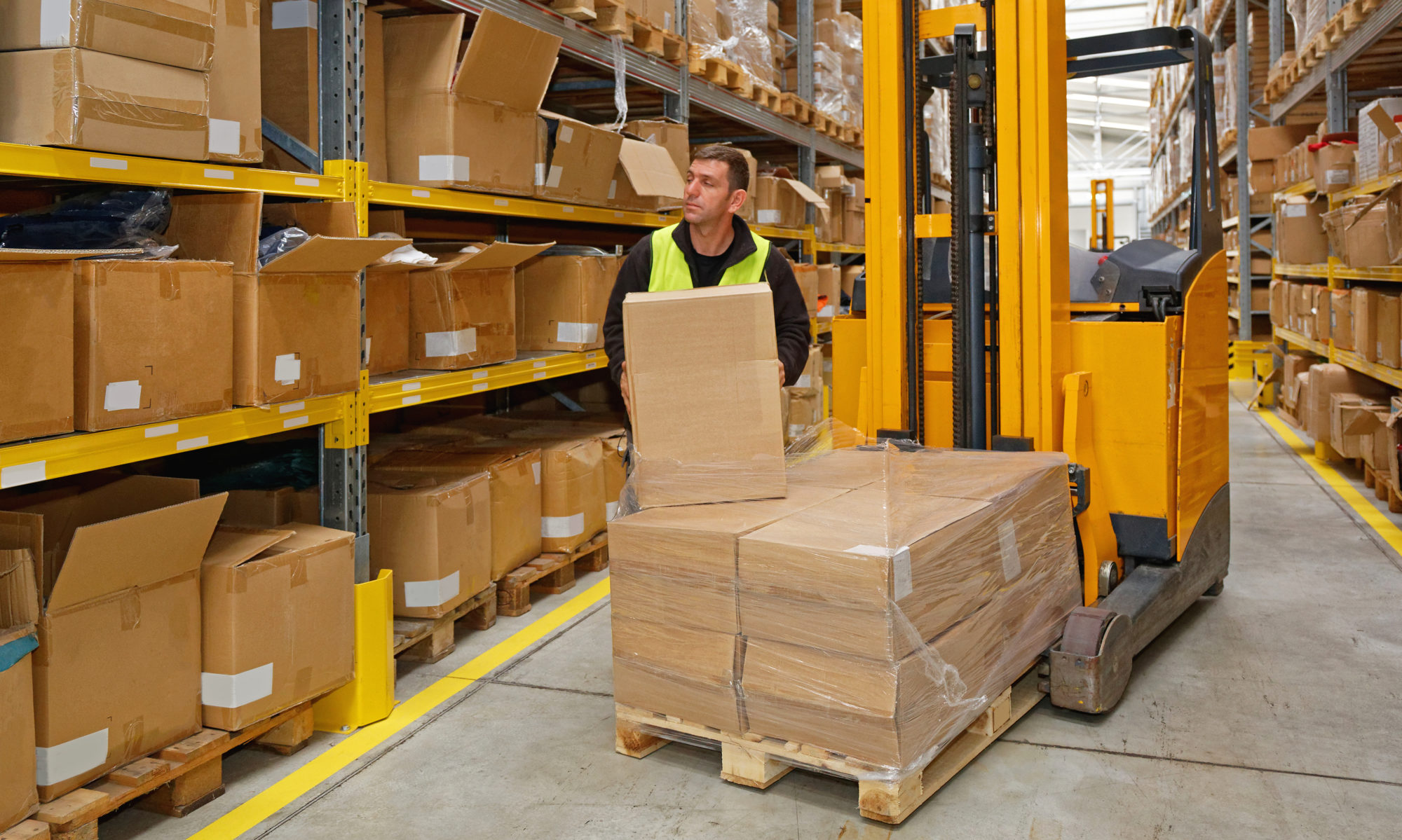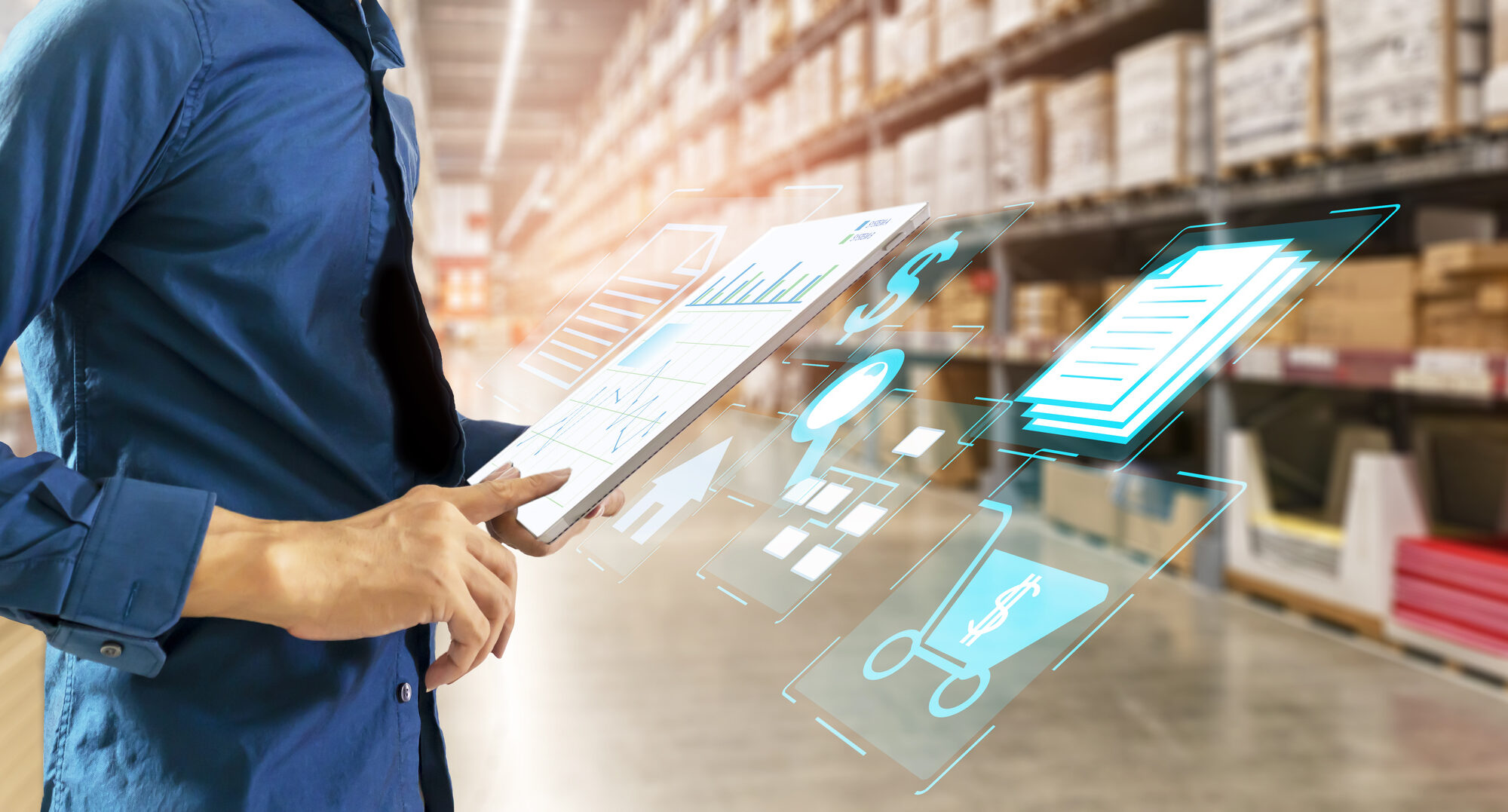Starting an online business has never been more accessible. With global ecommerce sales projected to reach 21% of all retail sales by 2029, selecting the right platform can make or break your startup’s success. The key is finding an ecommerce platform that balances affordability with scalability while providing the tools you need to grow.
As a business owner, you want a solution that gets you selling quickly without overwhelming technical complexity. You also need confidence that your chosen platform won’t limit your growth as your business expands. Here’s what you need to know about the top ecommerce platforms for startups and the key features that matter most.
Essential Features Every Startup Needs
Cost Structure and Transparency
Your budget is tight, so understanding the true cost of each platform is crucial. Look beyond monthly subscription fees to consider transaction fees, payment processing costs, and required add-ons. Hidden costs can quickly turn an affordable platform into an expensive mistake.
Customization Without Complexity
Your brand needs to stand out, but you don’t have time for complex coding. The best startup ecommerce platforms offer professional templates you can customize easily, plus the flexibility to make deeper changes as your business grows.
User-Friendly Interface
You’re focused on growing your business, not learning complicated software. Choose platforms with intuitive dashboards that make adding products, managing inventory, and processing orders straightforward. And in the future being able to integrate with you 3PL or fulfillment center will be a huge bonus.
Growth-Ready Scalability
Your startup may be small now, but your platform should handle increased traffic and sales volume as you grow. Look for unlimited product listings and bandwidth to avoid costly platform switches later.
Marketing Tools Integration
Customer acquisition is vital for startups. Platforms with built-in email marketing, SEO tools, and social media integrations help you reach customers without juggling multiple software subscriptions.
Reliable Customer Support
When issues arise, you need quick resolution. Platforms offering 24/7 support ensure your store stays operational, protecting your revenue and customer relationships.
Top Ecommerce Platform Comparison
Shopify: The All-Around Leader
Shopify dominates the startup ecommerce space for good reason. Starting at just $5 per month, it offers over 100 professional themes, unlimited products and bandwidth, and no transaction fees. The platform includes email marketing tools, abandoned cart recovery, and seamless social media selling. With 24/7 support and an extensive app library, Shopify grows with your business from startup to enterprise.
WooCommerce: WordPress Integration
If you’re already using WordPress, WooCommerce might seem appealing. While the plugin is free, you’ll need WordPress hosting ($4-$45 monthly) plus paid extensions for essential features. The total cost often exceeds dedicated ecommerce solutions, and technical complexity can overwhelm non-developers.
Squarespace: Design-Focused Solution
Squarespace excels in visual appeal with 180+ templates perfect for creative businesses. Plans start at $16 monthly but include transaction fees on lower tiers. The limited app ecosystem may restrict growth, making it better suited for businesses with basic ecommerce needs.
Wix: Quick Setup Option
Wix offers rapid site creation with 2,000+ templates and no transaction fees. Plans start at $29 monthly, but the platform lacks scalability features that growing businesses need. It’s ideal for simple stores but may require migration as you expand.
Square Online: Service Business Focus
Square provides a free plan and specializes in restaurants and service businesses. While cost-effective initially, limited ecommerce features and templates make it less suitable for product-focused startups planning significant growth.
BigCommerce: Enterprise-Oriented
BigCommerce targets larger businesses with advanced features but higher setup costs. Starting at $29 monthly with mostly paid themes, it may overwhelm startups while offering more complexity than needed.
Ecwid: Embedding Specialist
Ecwid excels at adding ecommerce to existing websites. Plans range from $5-$105 monthly, but you’ll need the highest tier for unlimited products and POS integration, making it expensive for growing businesses.
Shift4Shop: Single Plan Approach
With one plan at $39 monthly, Shift4Shop offers enterprise features but may be overkill for startups. The platform requires their payment gateway for transaction fee elimination, limiting payment flexibility.
Additional Ecommerce Fulfillment Solutions
Once your startup gains momentum, managing inventory, packaging, and shipping becomes complex and time-consuming. This is where ecommerce fulfillment solutions become invaluable.
Professional fulfillment services like Medallion Fulfillment & Logistics handle order processing, warehousing, pick and pack, and shipping operations. This allows you to focus on marketing, product development, and customer relationships while experts manage the operational details. Many fulfillment providers integrate directly with popular ecommerce platforms, streamlining your entire order management process.
Making Your Platform Decision
For most startups, Shopify offers the best balance of affordability, features, and scalability. Its comprehensive toolset eliminates the need for multiple software subscriptions while providing room for growth.
Consider your specific needs: creative businesses might prefer Squarespace, while those with existing WordPress sites may explore WooCommerce. However, factor in total costs and growth limitations before committing.
Remember, switching platforms later is expensive and disruptive. Choose a solution that supports your current needs while accommodating future growth.
Your ecommerce platform is the foundation of your online business. Take time to evaluate options thoroughly, test free trials when available, and select the platform that aligns with your startup’s goals and budget. The right choice will support your success from launch through expansion.
Ready to optimize your ecommerce operations? Contact Medallion Fulfillment for Your Fulfillment, 3PL or Warehousing Needs and discover how professional fulfillment services can accelerate your startup’s growth.


